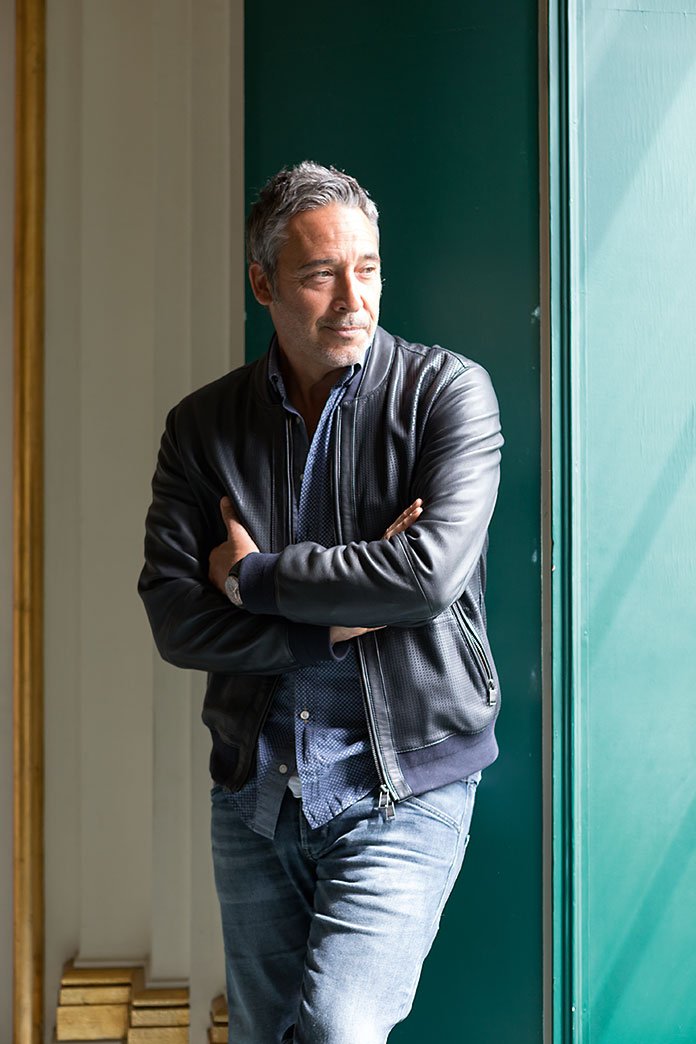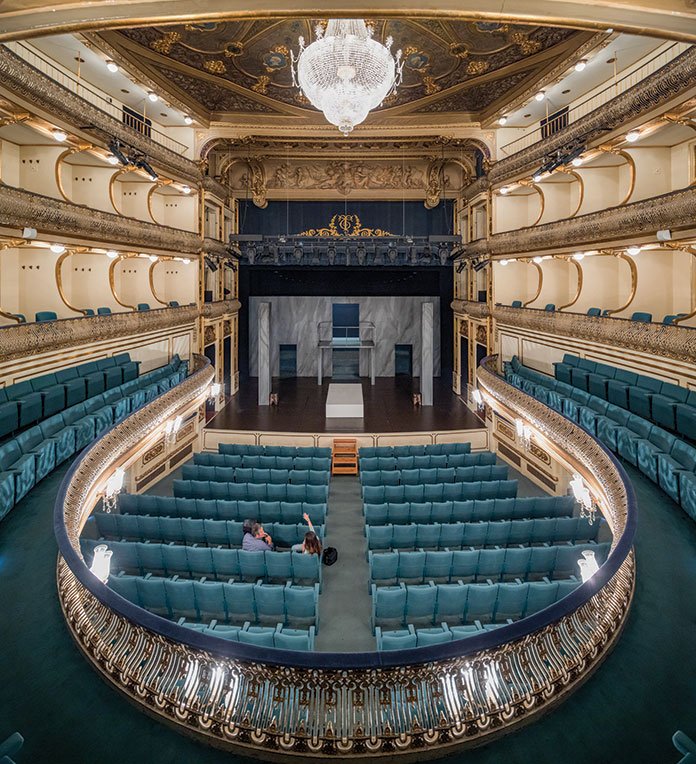
Diogo Infante set foot on stage for the very first time in the Algarve. The role of a young idealist led him to believe that acting was something serious and for the rest of his life. To earn money and help at home, he took a course in tourism, and worked as a guide. But his desire to be an actor proved more powerful and so he returned to Lisbon, where he was born, to attend the conservatory. He has appeared in soap operas, series and films. And, in the theatre, he made it to director and producer. He has already made a short film, which went to Cannes, and has written a script for a film. Returning to the Teatro Trindade, now as artistic director, he has backed a programme that features classics, but there will also be music.
Was the Algarve important for you and your future?
That was where I spent my adolescence, and the first time I set foot on a stage. I was 17 years old and it was at the Teatro Lethes in Faro. It is a very beautiful theatre, a replica of the São Carlos theatre, on a much smaller scale. At the same time, I took a tourism guide course. I was in the Algarve and needed to earn money.
When you went on stage, did you realise that tourism would have no future with you?
Yes, I did become aware of that. The play was called «The Dogs» by Tone Brulin, a Belgian playwright. It was a play about apartheid in South Africa, and I played a young, idealistic, romantic, protester, who turned against his father, who was a Boer. This text was a major challenge, leading me to realise what I really wanted.
«Unfortunately we don’t know how to value the role of the arts and culture in people’s education»
You kept up both jobs for some time.
Life doesn’t always put us in the right place at the right time, and it went on like this for some time, until, when I was already working a professional guide and was more or less settled in my life, at around the age of 21, I realised that I was letting my dream, to be a professional actor, pass me by, with all its limitations and difficulties in a country like ours was thirty years ago.
So that’s when you decided to go back to Lisbon, right?
The family all got together. There weren’t many of us, just us three: me, my mother and my grandmother. They told me to do whatever I thought was right, and they would be fine. By «fine» they meant without my contribution to the household. And I left. Luckily everything went very well. I went to the conservatory and, after a year, I was already working as an actor. Initially at the National Theatre and then in film and television – a sequence that has replayed up to this day.











